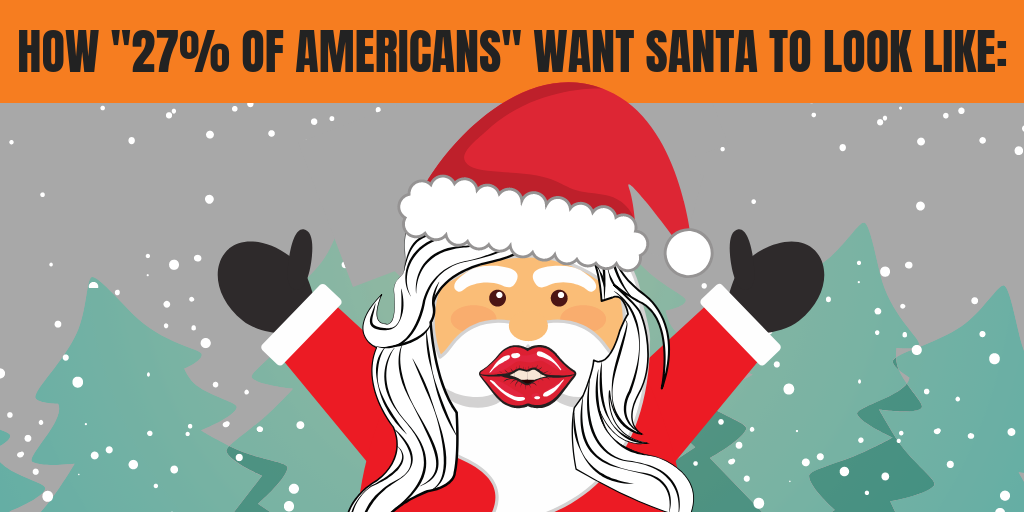This quirky E.U. video - poking fun at Moscow’s disinformation campaign – is just one of dozens of social media posts, aiming to raise awareness of the Kremlin attempts to misinform European audiences and sow disunity. In reaction to this, the E.U has announced its myth-busting East StratCom Task Force will receive a boost in funding and staff numbers this year to counter the disinformation.
According to the UK’s Guardian newspaper, senior MEP’s fear Russia’s apparent impact in the most recent US presidential elections could be replicated in French, German and Dutch elections later this year.
Read also: Kremlin disinformation campaign extremely successful - EU East Stratcom
The E.U. originally established the Task Force team in March 2015 to address Russia’s disinformation narrative and strengthen the bloc’s own communication strategy. Since then, some 400 experts, journalists, NGOs and officials have been involved in analyzing media reports and social media posts. The latest announcement of additional funding is another step forward for the E.U – but it's a drop in the ocean compared to the budgets of Russia’s state-controlled media outlets and troll factories.
This is not a new problem though – as was apparent after a European Council meeting in October 2016, where it was agreed that Russia's strategy is to weaken the EU. European Council President Donald Tusk then said:
“We had a broad discussion about Russia. Leaders emphasised all sorts of Russian activities, from airspace violations, disinformation campaigns, cyber attacks, interference into the political processes in the EU and beyond, hybrid tools in the Balkans, to developments in the MH17 investigation. Given these examples, it is clear that Russia's strategy is to weaken the EU. We have a sober assessment of this reality, and no illusions. Increasing tensions with Russia is not our aim. We are simply reacting to steps taken by Russia. Of course the EU is always ready to engage in dialogue. But we will never compromise our values or principles. That is why leaders agreed to stay the course. And above all to keep the unity of the EU."
Ukraine is on the frontline of Moscow’s information war. Russia’s takeover of Crimea and invasion of eastern Ukraine was accompanied by a large disinformation drive, aimed at demonizing Ukraine’s authorities and polluting the information atmosphere with misleading or completely fictitious reports.
In fact, it’s these false Russian narratives like "Ukraine is governed by Nazis" and "ethnic Russians are in danger abroad" that the E.U Task Force has used to alert Europeans to the Kremlin’s hybrid warfare strategies.
Read also: A guide to Russian propaganda





